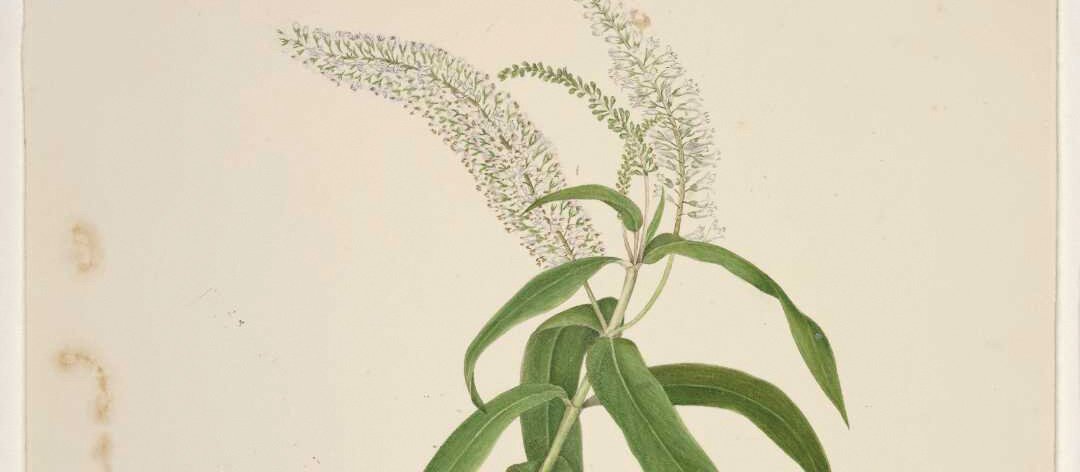For older people and frail people, the long-term benefit of medicines reduces and the potential for harm from adverse effects increases. When the benefit–risk balance changes in this way, medicine review and optimisation are important to simplify the therapeutic regimen, reduce inappropriate medicines and minimise risks. In this article, pharmacist prescriber Linda Bryant uses two case studies to illustrate important considerations during medicine reviews
The first time someone mentions complementary or alternative medicine
+Practice
In print
FIRST TIME
The first time someone mentions complementary or alternative medicine
Wednesday 17 August 2022, 12:40 AM

If willow bark helps pain, why can’t chewed koromiko leaves help diarrhoea? [Image: Martha King, 1842]
Specialist GP Jo Scott-Jones looks at the range of responses GPs can give when a patient says they use complementary or alternative medicines – from disdain, through scepticism, to understanding
Key points, Consultations are designed to help connect with patients – it is important to view the world through their eyes and not be dismissive of their beliefs, Pract Green w Pale Yellow
Kia ora and welcome to New Zealand Doctor Rata Aotearoa
Not a subscriber? Unlock this article by subscribing here.
References
1. Vaughan R. Inside story: Alternative medicines, quackery or not? Bay of Plenty Times. 11 August 2015. nzherald.co.nz/bay-of-plenty-times
2. Koia JH, Shepherd P. The potential of anti-diabetic rākau rongoā (Māori herbal medicine) to treat type 2 diabetes mellitus (T2DM) mate huka: A review. Front Pharmacol 2020;11:935.



